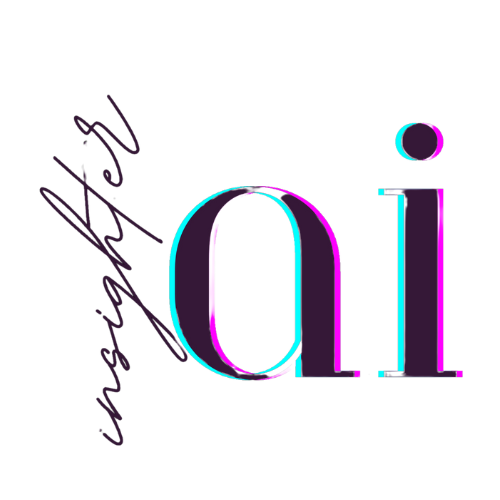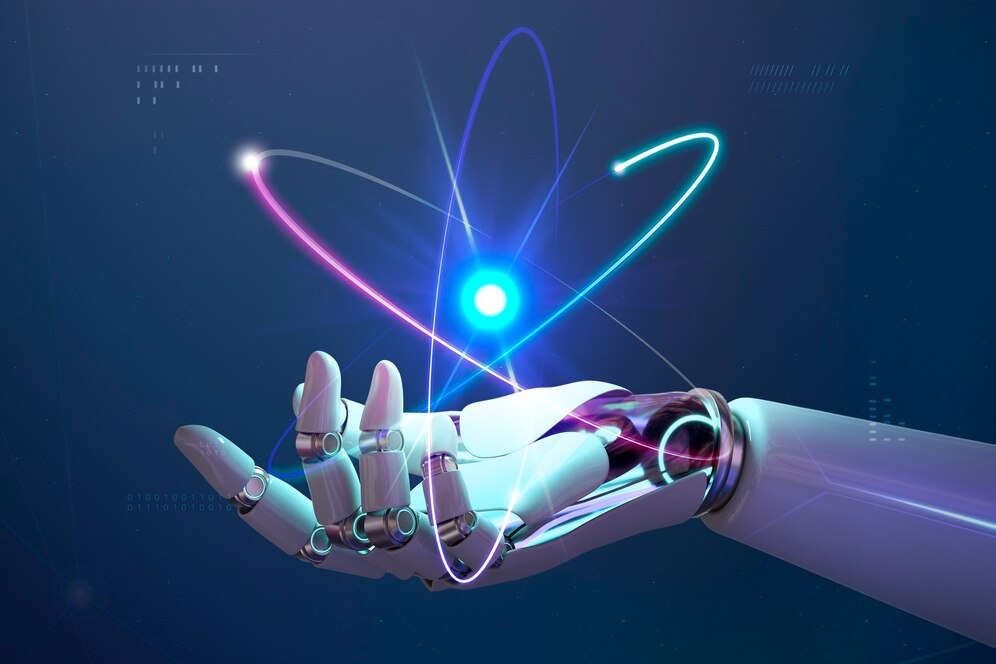Accelerating into the Future
Artificial Intelligence (AI) isn’t just evolving—it’s accelerating at an unprecedented rate. The velocity at which AI is advancing is transforming industries, reshaping production processes, and redefining consumer behaviors. From automating supply chains to delivering personalized consumer experiences in real time, AI’s rapid progress is creating both opportunities and challenges.
In this article, we’ll explore how the speed of AI’s evolution impacts industries, drives production efficiency, and alters consumption patterns, highlighting the critical need to adapt to this technological whirlwind.
1. The Velocity of AI Development: Faster than Ever
Advancements in AI are occurring at an exponential pace, thanks to the convergence of massive computational power, big data, and sophisticated algorithms.
Why It’s Happening:
- Faster Hardware: Innovations in GPUs and TPUs (e.g., NVIDIA’s AI-optimized chips) enable real-time processing of massive datasets.
- Open-Source Models: Platforms like Hugging Face and TensorFlow allow developers to innovate rapidly by building on pre-trained models.
- Data Abundance: The proliferation of IoT devices and digital interactions provides the raw material for continuous AI learning and improvement.
The speed at which AI evolves is outpacing traditional technology cycles, forcing industries to rethink their timelines,” says Andrew Ng, Co-founder of Coursera and AI pioneer.
Learn more about cutting-edge AI hardware: NVIDIA AI Solutions.
2. AI and Production: Faster, Smarter, Leaner
AI is revolutionizing production processes, making them faster, more efficient, and highly scalable. The ability to process data in real time and adapt dynamically is reshaping how industries operate.
Key Impacts on Production:
- Hyperautomation: AI, combined with robotic process automation (RPA), automates end-to-end workflows, reducing human intervention.
- Predictive Maintenance: AI analyzes sensor data to predict machine failures, minimizing downtime and saving costs.
- Real-Time Quality Control: Vision-based AI systems inspect products on production lines with unparalleled accuracy.
Case Study: Tesla
Tesla’s gigafactories leverage AI to optimize manufacturing processes, achieving unprecedented production speeds while maintaining quality standards.
Explore Tesla’s AI-powered production: Tesla Manufacturing Innovation.
3. AI and Consumption: Redefining Consumer Expectations
As AI accelerates production, it simultaneously alters how consumers interact with products and services. AI-driven personalization, instant gratification, and predictive technologies are reshaping consumption patterns.
Key Changes in Consumption:
- Instant Delivery: AI optimizes logistics networks to enable faster, same-day deliveries, as seen with Amazon Prime.
- Hyper-Personalization: AI tailors product recommendations based on real-time consumer behavior, creating bespoke shopping experiences.
- Smart Devices: AI-integrated products like Google Nest and Amazon Alexa adapt to user preferences, seamlessly blending into daily life.
AI is not just meeting consumer demands—it’s anticipating them, creating an entirely new level of engagement,” says Satya Nadella, CEO of Microsoft.
Learn more about AI in consumer experiences: Amazon AI Innovations.
4. The Challenge of Keeping Up: Industry Implications
The rapid evolution of AI presents a double-edged sword. While it drives innovation and growth, industries face significant challenges in keeping pace.
Key Challenges:
- Workforce Adaptation: Training employees to work alongside AI systems is a pressing concern.
- Data Overload: Managing and analyzing the vast amounts of data generated by AI systems requires robust infrastructure.
- Ethical Concerns: Ensuring transparency, fairness, and accountability in AI-driven decisions is a growing responsibility.
Example: Retail Industry
Retailers adopting AI must balance rapid deployment of technologies like recommendation engines and virtual assistants with addressing consumer concerns over data privacy.
The speed of AI adoption demands a parallel focus on ethical and sustainable practices,” says Timnit Gebru, Co-founder of DAIR.
Learn more about ethical AI: Ethical AI Design.
5. The Future: Opportunities at the Speed of AI
The rapid evolution of AI offers unparalleled opportunities for industries to innovate and stay ahead of the curve:
- Dynamic Supply Chains: AI predicts demand fluctuations, optimizing inventory and reducing waste.
- Real-Time Collaboration: AI-powered tools like Slack’s AI integration facilitate instant, intelligent communication within teams.
- On-Demand Production: Technologies like 3D printing, driven by AI, enable customized manufacturing at scale.
Conclusion: Thriving in the Age of Acceleration
The velocity of AI evolution is reshaping the world as we know it. For industries, this means embracing AI not just as a tool but as a transformative force capable of redefining production and consumption.
However, the challenge lies in balancing speed with sustainability, innovation with ethics, and scalability with personalization. Businesses that adapt to the pace of AI evolution will thrive, while those that resist may find themselves left behind.
The future is fast, dynamic, and powered by AI. The question is: are you ready to keep up?
Join the Conversation
How do you think the rapid evolution of AI will impact your industry? Share your thoughts in the comments below or explore related articles:
How AI is Shaping the Future of Technology
Case Studies of AI Success in Business










